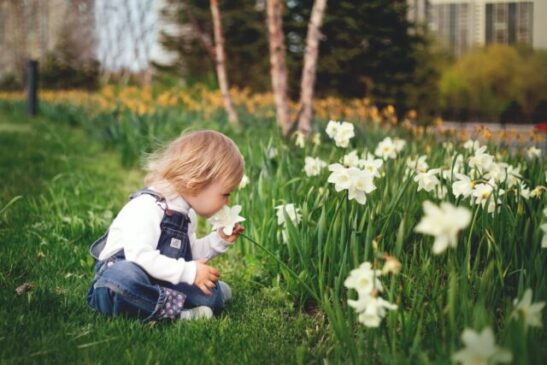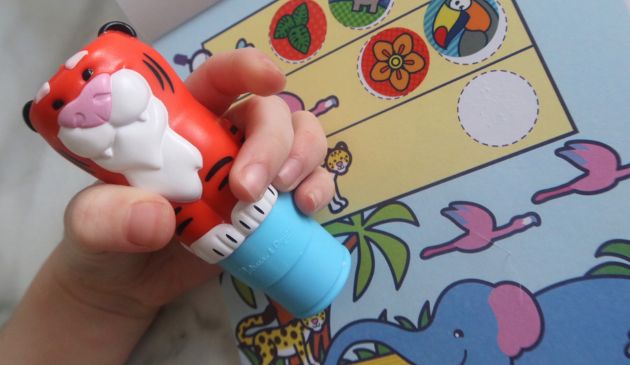
How to get kids interested in gardening

This post is in collaboration with First Tunnels
As our family home has a garden that is pretty extensive, I have taken the opportunity over recent years to try and get my daughters interested in gardening. Getting your kids interested in gardening has many benefits. Not only is a physical activity that helps to maintain the child’s health and gets them away from the modern technology like ipads and tablets, it is also beneficial to health if growing vegetables and fruits, as children learn where food comes from, may eat what they reap and learn how to live sustainably.
Gardening can also has a positive impact on all of our mental health and wellbeing. In short, gardening could be that perfect hobby to share with your kids, if only you could get them interested.
You know your child best. It’s improtant to understand that if you are too intense, or try to push a particular activity on them too hard, they are likely to lose interest or choose to take the opposite path. Therefore, a gentle nudge towards the garden could be the best approach to help promote a life-long passion.
By thinking about the way your child learns best, you can introduce them to gardening in a way that suits them best. They may need and enjoy physical exertion, so lots of digging and excavation, in general, could be the key. They may enjoy spending time with special people, so making it a social or team activity could be essential. You must use what you know about your child to best advantage.
Visual Learners
If your child lives the world through colours and shapes, then you have an opening to get them into the garden. Get them to choose the flowers, focusing on the colour schemes you can create in borders, beds and baskets. Then, encourage them to look closely at the shapes and patterns in leaves and to peer into the soil to discover the little critters that make a garden work.
Physical learners
Gardening is perfect for those who love to learn through doing. If your kid is always dirty and with scuffed knees, then they will love digging and hoeing, sowing seeds and planting. They will likely enjoy watering the garden, and each other, as well as interacting with animals. Teach them how to composts and learn how to climb the trees.
Logical learners
The natural world is perfect for those who thrive with the concept of cause and effect. Although the garden might feel chaotic, it is ruled by a set of well-known laws and rules. The garden will progress each year in a cycle that can engage the logical, mathematical minds of those who otherwise might not want to get too physical. You can work to understand how the animals in the garden work in synchronicity with the plants and ensure that the garden remains fertile.
Verbal learners
Some children are much happier writing and reading than being active. However, this does not exclude our more literary kids from engaging with the garden. They are likely fans of inter-personal relationships, so will love working beside you to manage and develop the garden. You could also share the experience through the writing of a blog or the keeping of a gardening journal. You could even use the garden and its inhabitants as a stimulus for stories.
Aural learners
Aural learners enjoy listening to the world, and the sounds are essential to stimulate their imagination and curiosity. They love listening to you speak about your work in the garden and telling them stories. They will enjoy hearing the birdsong and the sound of the movement of wind through the leaves. You could even get them to appreciate the rhythm of a drop of water and the general music that can be present around the garden.
Children and sustainability
The learning can go beyond your garden to an understanding of the ways that the wider world work. You do not want to frighten children too much with ideas of climate change and environmental crisis. However, you can bring them closer to nature, and inspire a love of nature, through the garden. You can help them understand more astutely where our food comes from and how much this relies on the balance offered in the environment. You can talk to them about the problems of too little rain or extreme weather events, and how this can break the balance and cycle that allows us to thrive on the planet.
Using your garden, you can inspire young people to care about the world. You can help them to love seeing a plant grow from the seed that they planted. You can help them care about the trees that create the music of the leaves and offer the best climbing frame in the world.
When giving more control to children to work a patch of your garden, the more ownership of these ideas they will possess. This ownership will help them grow a passion by providing projects that offer quick and straightforward results – fast-growing seeds and maybe creating a pond.


















































